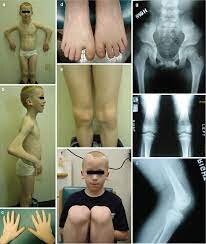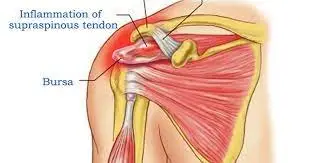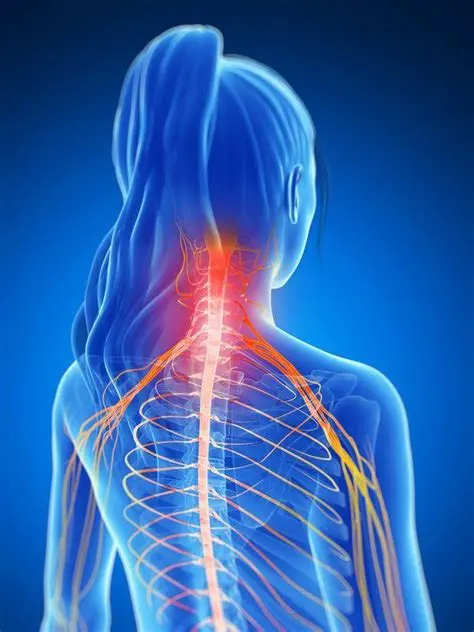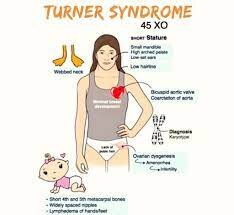Nail patella syndrome
Nail patella syndrome is a rare genetic condition that may cause problems with the nails, bones, and kidneys. Symptoms of nail-patella syndrome Almost every people with nail-patella syndrome has abnormal nails, and so many people also have problems with their kneecaps (patellae), elbows, and pelvis. Some of the problems will be obvious from birth, but…









